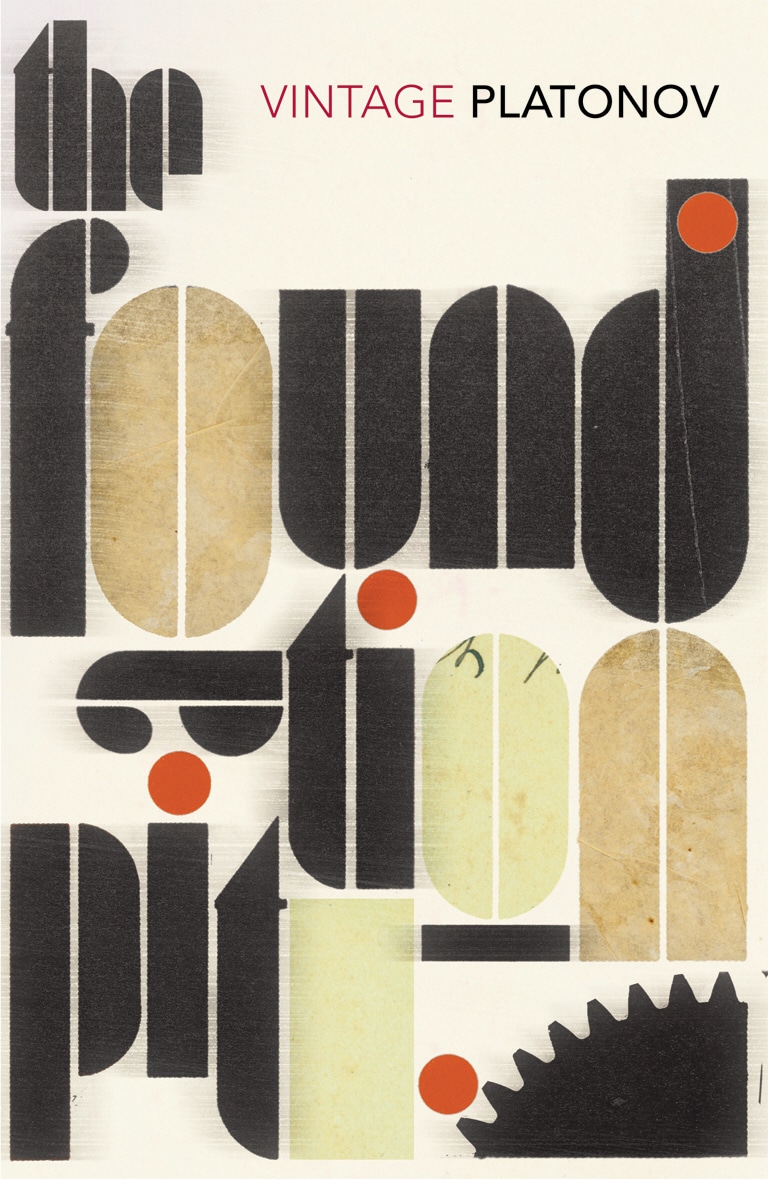The Foundation Pit
| by | Andrey Platonov, Elizabeth Chandler, Olga Meerson, Robert Chandler |
|---|
9.99 JOD
Jordan: Deliverable within 48 hours
International: Deliverable within 7 Days
Description
TRANSLATED BY ROBERT AND ELIZABETH CHANDLER AND OLGA MEERSONPlatonov’s dystopian novel describes the lives of a group of Soviet workers who believe they are laying the foundations for a radiant future. As they work harder and dig deeper, their optimism turns to violence and it becomes clear that what is being dug is not a foundation pit but an immense grave.This new translation, by Robert & Elizabeth Chandler and Olga Meerson, is based on the definitive edition recently published by Pushkin House in Leningrad. All previous translations were done from a seriously bowdlerized text. Robert Chandler is also the translator of Vasily Grossman’s Life and Fate. The American scholar Olga Meerson has written extensively on Pushkin, Dostoevsky, Platonov and many other Russian authors.
Additional information
| Weight | 0.17 kg |
|---|---|
| Dimensions | 1.5 × 12.9 × 19.8 cm |
| by | Andrey Platonov, Elizabeth Chandler, Olga Meerson, Robert Chandler |
| Format | Paperback |
| Language | |
| Pages | 240 |
| Publisher | |
| Year Published | 2010-11-4 |
| Imprint | |
| Publication City/Country | London, United Kingdom |
| ISBN 10 | 0099529742 |
| About The Author | Andrey Platonovich Platonov (1899-1951) was the son of a railway-worker. The eldest of eleven children, he began work at the age of thirteen, eventually becoming an engine-driver's assistant. He began publishing poems and articles in 1918, while studying engineering. Throughout much of the twenties Platonov worked as a land reclamation expert, draining swamps, digging wells and also building three small power stations. Between 1927 and 1932 he wrote his most politically controversial works, some of them first published in the Soviet Union only in the late 1980s. Other stories were published but subjected to vicious criticism. Stalin is reputed to have written "scum" in the margin of the story "For Future Use," and to have said to Fadeyev (later to be secretary of the Writers' Union), "Give him a good belting-for future use!" During the thirties Platonov made several public confessions of error but went on writing stories only marginally more acceptable to the authorities. His son was sent to the Gulag in 1938, aged fifteen; he was released three years later, only to die of the tuberculosis he had contracted there. From September 1942, after being recommended to the chief editor of Red Star by his friend Vasily Grossman, Platonov worked as a war correspondent and managed to publish several volumes of stories; after the war, however, he was again almost unable to publish. He died in 1951, of tuberculosis caught from his son. Happy Moscow, one of his finest short novels, was first published in 1991; a complete text of Soul was first published only in 1999; letters, notebook entries and unfinished stories continue to appear. |
Andrey Platonov is the most exciting Russian writer to be rediscovered since the end of the Soviet Union. Born in 1899, one of a railway worker's 10 children, he was an engineer, a party member and a model proletarian writer before doubts about Communism, and his literary imagination, landed him in trouble with Stalin. His work stopped being published in the early 1930s and only resurfaced 40 years after his death in 1951…The Foundation Pit will stand out as his masterpiece |
|
| Other text | Platonov managed to make the miseries of forced industrialization into a story as gripping as anything in Dickens, as moving and as artful |
Only logged in customers who have purchased this product may leave a review.
Related products
-
On backorder 2-5 Weeks to Arrive
9.99 JOD -
On backorder 2-5 Weeks to Arrive
16.00 JOD -
On backorder 2-5 Weeks to Arrive
13.00 JOD -
On backorder 2-5 Weeks to Arrive
8.99 JOD






Reviews
There are no reviews yet.